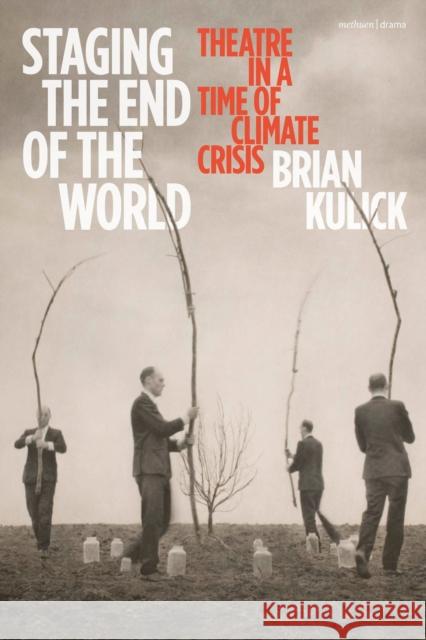Staging the End of the World: Theatre in a Time of Climate Crisis » książka
topmenu
Staging the End of the World: Theatre in a Time of Climate Crisis
ISBN-13: 9781350309913 / Angielski / Twarda / 2023 / 288 str.
Staging the End of the World: Theatre in a Time of Climate Crisis
ISBN-13: 9781350309913 / Angielski / Twarda / 2023 / 288 str.
cena 317,06 zł
(netto: 301,96 VAT: 5%)
Najniższa cena z 30 dni: 313,81 zł
(netto: 301,96 VAT: 5%)
Najniższa cena z 30 dni: 313,81 zł
Termin realizacji zamówienia:
ok. 30 dni roboczych
Bez gwarancji dostawy przed świętami
ok. 30 dni roboczych
Bez gwarancji dostawy przed świętami
Darmowa dostawa!
Kategorie:
Kategorie BISAC:
Wydawca:
Bloomsbury Publishing PLC
Język:
Angielski
ISBN-13:
9781350309913
Rok wydania:
2023
Ilość stron:
288
Wymiary:
23.4 x 15.6
Oprawa:
Twarda
Dodatkowe informacje:
Bibliografia
Obwoluta
Obwoluta











